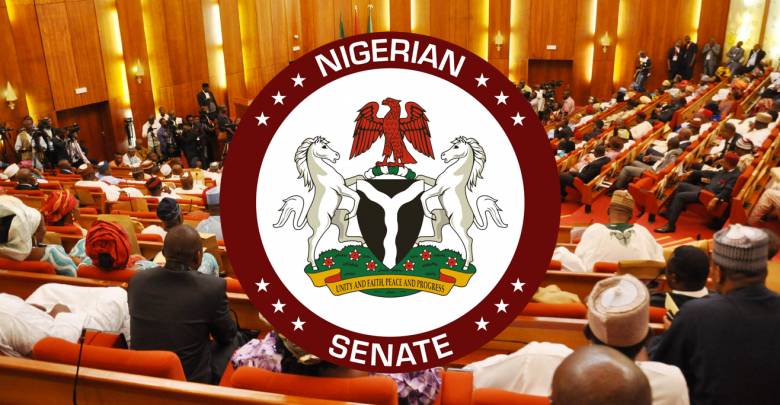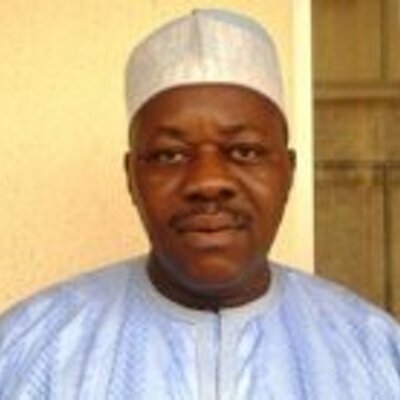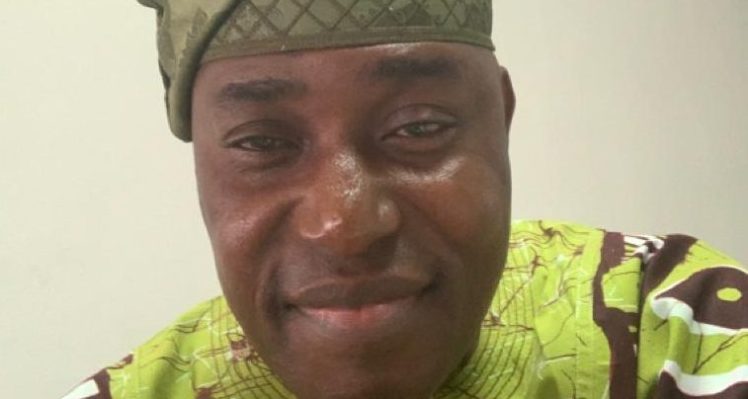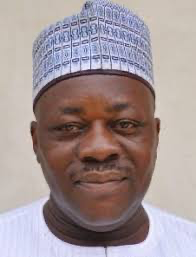Senate Presidency: Balancing Political power and National Integration
By Victor R. Etok-Akpan, 08065608338
Due to the manner of the rancorous battle for the leadership positions of the in-coming 10th Senate Assembly, Nigerians are pressured to conclude that the policies and actions of government towards national integration so far, have been an exercise in futility with zero integration or mal-integration and the solution of the problem remain undiscovered.
This simply testifies to the fact that there are formidable obstacles in the polity to the adoption of the Federal Character Principle (FCP), as enshrined in the Constitution, for the even distribution of power and resources with balancing political power against political dominance by any one group of the super-structure.
Thus given the battle for leadership positions as aforesaid, it is clear that owing to issues such as, ethnic bias or chauvinism, religious fundamentalism, and expressions of group identities, linguistic, cultural and so on, these confront us as critical nation building loads which tend to constitute the determining factors for political alignments and allegiances, rather than the Nigerian State and therefore to the detriment of our search in the battle for purposeful leadership for the 10TH Senate Assembly, let-alone, with the “war” for national-integration, in pursuit of nation-building.
However, given the comments by the Chairman of the North West All Progressive Party (APC) Forum, Aminu Sani, in describing the Godswill Akpabio/Barau Jibrin leadership as President and Deputy respectively, for the next Senate “as a perfect step to ensuring good Governance…full of national coloration….unbiased and free from ethnocentrism”, it is welcoming with the demonstrable embrace by a greater majority of the in-coming legislators in support of their ambition to provide the Senate leadership as noted from the endorsements obtained from stakeholders of the political system across the nation with series of interface consultations and still on-going.
Therefore fears of unleashing “a recipe of restiveness” in demanding for the position of the Senate President by some interested and influential politicians of the South East group is not only seen as “uncalled for”, but said to portray a “hidden interest” given their claim of “injustice” in using the group narrative to seek compensation, for the position of the Senate President with the complaint of being a marginalized group by major political parties during Presidential primary. Political pundits however dismiss this group narrative of being marginalized as a fallacy of generalization, while noting that the South East group has since 1999 had five (5) Senate Presidents in office.
Also further protestation by the South East group for the position of the Senate President is fueled by the narrative of a tripod political structural footing to balancing political power and for the distribution of power on regional ethnicity basis of Hausa-Fulani, Yoruba and Ibo, given as claimed, that the President-elect is of the South West, Yoruba dominated group and the Vice President-elect of the Northern region Hausa-Fulani dominated group. Thus that the South East dominated by the Ibo group is therefore entitled to the 3rd in line to succession of the President, being the Senate President. Unfortunately this claim is what political analyst considers as “backward looking” to the historical antecedents for ethnic bias and mal-integration which breeds the inherent disunity that cause ethnic conflicts on the expressions of group identities in the polity.
Also said is that the narrative for tripodal political structure foes on the rights and identities of the minorities which must be preserved in a federation, else, the ends in propagating such claims leads to an absurdity in denying the national true coloration of six (6) geo-political zones that exist with the thirty-six (36) federating States plus the Federal Capital Territory (FCT) Abuja, as the present and known political arrangement of the super-structure – Nigeria for national integration in resolving the problem of nation building rather than seek the convenience of an obsolete, untenable tripodal political structure with its ethnicity’s adverse connotations.
Furthermore, the rootedness of religious fundamentalism is an undeniable factor with balancing political power and is pronounced along with the politics for alignments and affiliations in the polity. Nevertheless, while this could not grip the political soil firmly in the 2023 Presidential election as the electorate exuded confidence on the same faith single-ticket pair for the President-elect and his Vice, however, political Elders of the system call for caution, to avoid over-heating of the polity and to disallow politicization on religious concerns given the need to balancing political power with positions of leadership in the 10th Senate Assembly, nothwithstand the constitutional right of a Senator to vie for a position of leadership on the floor of the Senate. Considerably, with continued protest from “certain quarters” alleging deliberate tendencies for religious dominance in the polity of one faith over the other, such a situation is seen to generate a lack of confidence for national integration to foster nation building.
Conclusively, the APC in its considered wisdom has endorsed distinguished Senator Godswill Obot Akpabio as its preferred candidate, as President as well as Barau Jibrin as Deputy President, respectively, for the in-coming 10th Senate Assembly. Senator Godswill Akpabio (CON), Senator-elect for Akwa Ibom North West, hails from the bowels of the Niger Delta State of Akwa Ibom, of the South-South geo-political zone, which has not held the Senate Presidents position since the 4th Republic from 1999. A former Governor of Akwa Ibom State, a former Senate Minority Leader, the Immediate-past Minister of the Federal Republic of Nigeria for Nigeria Delta Affairs, and the APC preferred candidate for the Office of the Senate President. He is a lawyer/politician.
Also, is Senator Barau Jibrin who is from Kano State, North West geo-political zone and represents Kano North Senatorial District. He is the current Chairman of the 9th Senate Committee on Appropriations and former Chairman of Senate Committee on Tertiary Institutions and TETFUND in the 8th Senate. A former Member of the House of Representatives, where he served as Chairman, House Committee on Appropriations. He is a successful business entrepreneur and a financial management expert.
The APC believes that given their training, exposure and concomitant experiences that they understand the fundamentals in policy making of the Senate leadership Offices in policy enactments and over sight functions, therefore, expectedly, the in-coming Senators-elect are required to be guided by an enlightened conscience in working together and to marry the policies they think is best, to the polices the people want for the welfare of their respective constituents and for the nations best interest being that all Senators are in principle equal with individual responsibilities to their respective constituents and the nation at large, to secure their relevance and re-election respectively.
Thus an issue of who presides over deliberations of the 10th Senate Assembly must not become escalated into a crisis with deep divisions among the Senators in the Red Chamber and an absence of a unifying consensus on the role of the Senate in governance. Interestingly we may be haunted by the said troubles of Nigeria’s First Republic, in which after independence, we saw centrifugal forces set in motion as the said independence eliminated the need to work together against colonial power, rather the issue becomes “who shall succeed the departing Europeans? In other to answer the question nation-building became a necessary product of cartels-type politics defined along ethnic, religious and class-lines, which we now see exemplified with the unfolding drama given the battle of the 10th Senate Assembly Presidentship that creates group awareness and arouse group tension and create a problem of accommodation and unless these issues are totally suffocated, the problem of the war to be won for national integration to achieve nation building may never have an end.
Victor R. Etok-Akpan, is a journalist and political realist and writes in from Ikot Abasi L.G.A, Akwa Ibom State, 08065608338



